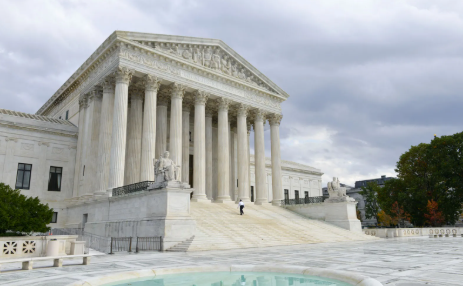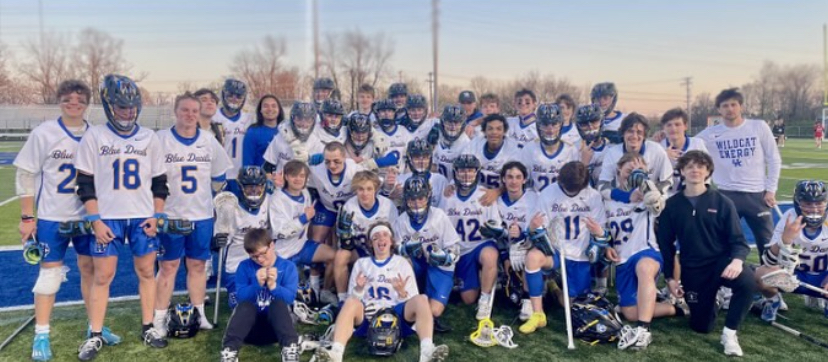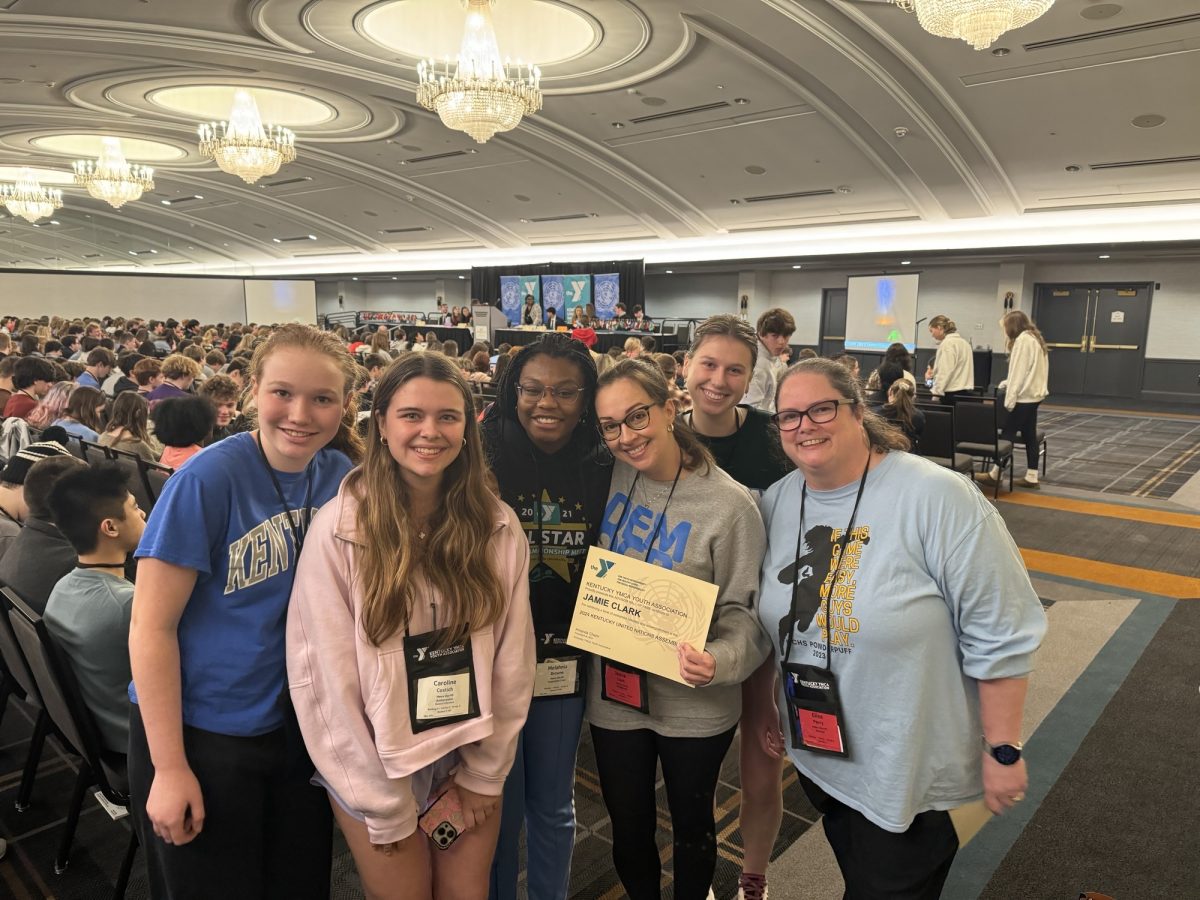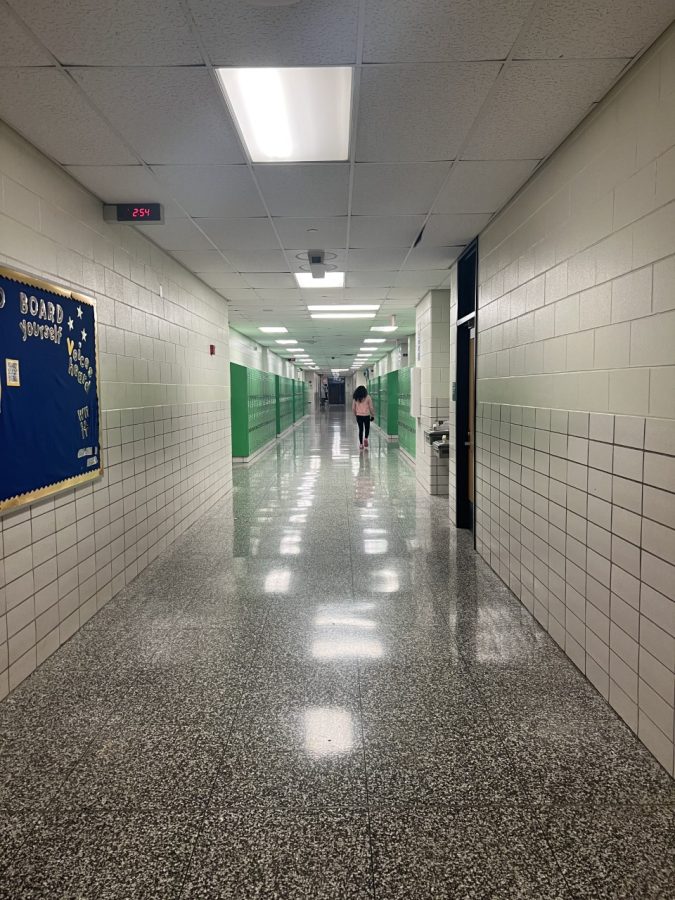
On October 7, 2025, the Supreme Court heard the oral arguments for Chiles v. Salazar, a case involving Kaley Chiles, a licensed counselor, who is challenging a 2019 Colorado law banning conversion therapy for minors. Chiles identifies as a Christian and serves clients that are often seeking religiously informed care. Chiles claims that the law’s passage has hampered her ability to fully counsel her clients and that she is forced to refrain from engaging in discussions with minors that may be interpreted as conversion therapy. The constitutional issue at hand is determining whether or not the Colorado law banning conversion therapy violates the free speech clause of the First Amendment.
The state of Colorado’s Minor Conversion Therapy Law, or MCTL, states that, “Conversion therapy means any practice or treatment by a licensed physician specializing in the practice of psychiatry that attempts or purports to change an individual’s sexual orientation or gender identity, including efforts to change behaviors or gender expressions or to eliminate or reduce sexual or romantic attraction or feelings toward individuals of the same sex.”
This law does not apply to social support through religious groups or informal counseling. Rather, it just does not allow for therapy specifically geared towards changed sexual orientation or gender identity to be marketed towards minors.
When the United States District Court for the District of Colorado denied the plaintiff’s motion for a preliminary injunction, they concluded that the MCTL regulated professional conduct involving speech, making it subject to a rational basis review, of which it survived.
The plaintiff appealed this decision to the United States Court of Appeals for the Tenth Circuit, and the Tenth Circuit upheld the District Court’s decision. According to Justia Law, “The court found that the MCTL does not target speech based on its content but regulates the practice of conversion therapy, which incidentally involves speech.” The courts agreed on the need for a rational basis review, but also that the MCTL serves legitimate purposes in protecting minors from harmful therapeutic practices.
While the first two tiers of federal courts were alike in their decisions, the Supreme Court is expected to differ in their decision on the case. The justices seem mainly concerned with whether the Colorado law infringes upon freedom of speech or simply regulates professional conduct.
“Just because [therapists are] engaged in conduct doesn’t mean that their words aren’t protected,” said Chief Justice John Roberts. This points toward a decision in favor of Chiles.
However, Justice Ketanji Brown argued that the law functions in essentially the same way as regulations of other medical treatments. As a result of this disparity, it is expected that the case will either be sent back to lower courts for review, or will be ruled in favor of Chiles. A decision is expected by June 2026.







